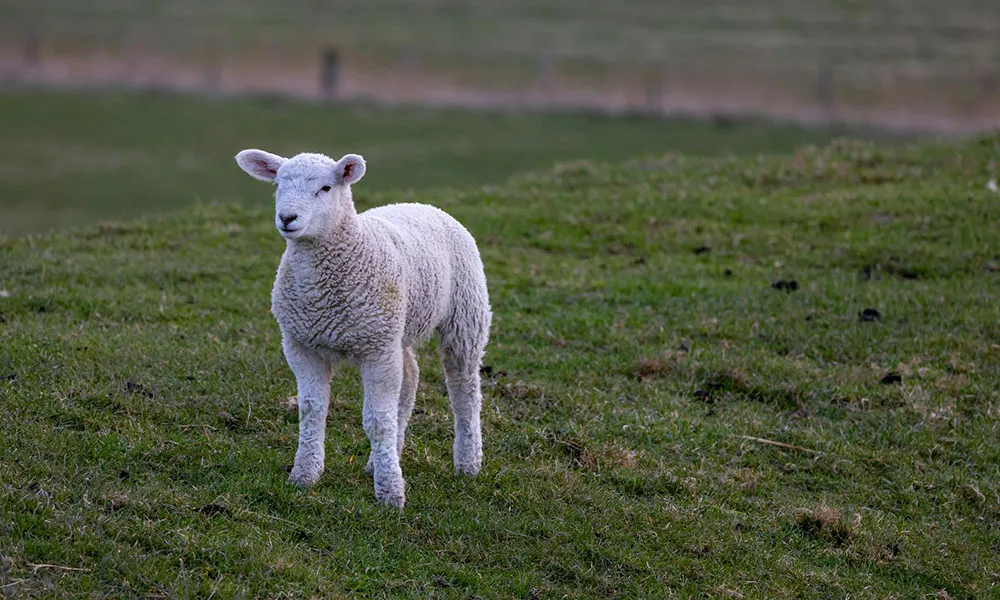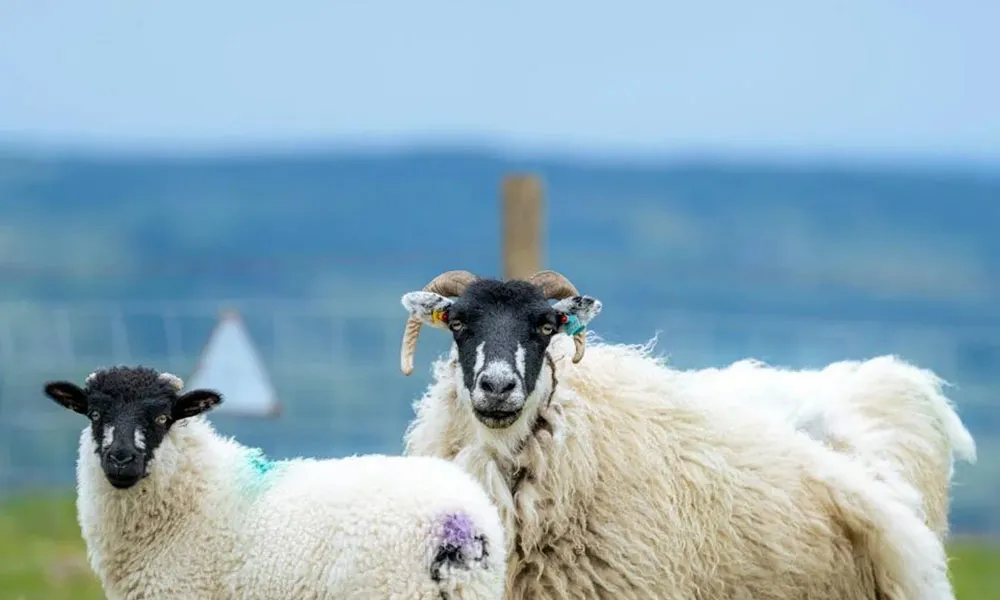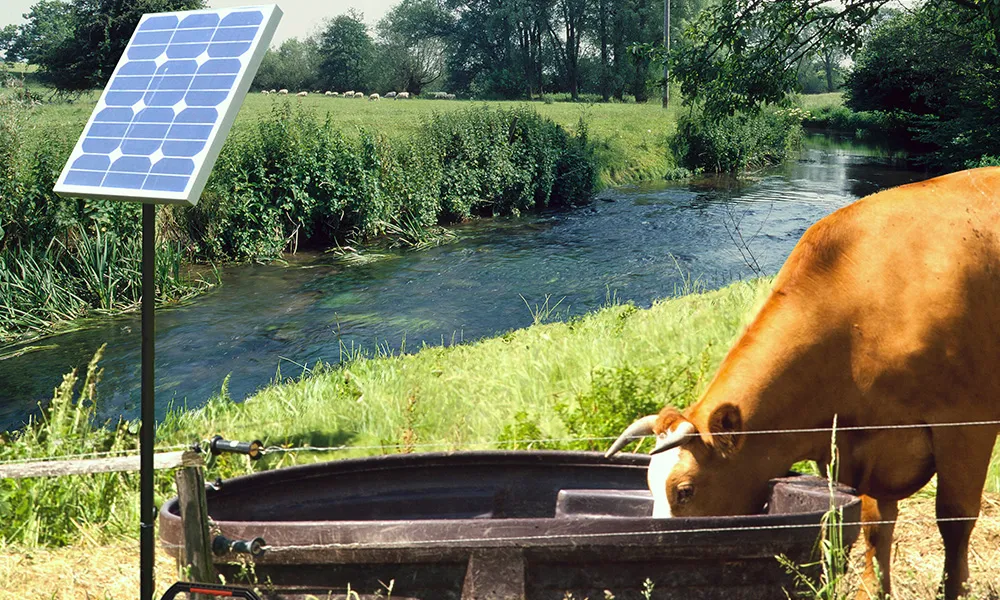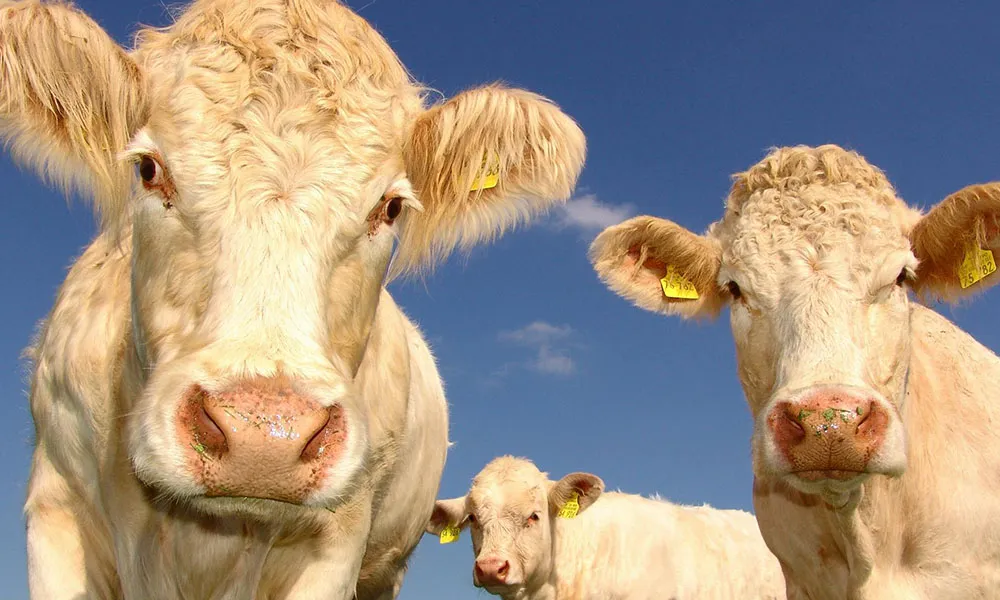Bluetongue Virus Outbreak
The outbreak of Bluteongue virus serotype 3 (BTV3) currently sweeping across northern Europe has caused some consternation here in Ireland. In recent days, a number of individuals and groups have hypothesised that there is a significant risk of the disease reaching Ireland where, they speculate, it could do serious damage to animal health and welfare, and harm the livestock trade in general.
What is Bluetongue Virus?
Bluetongue is a contagious disease that spreads between certain animal species and is caused by the Bluetongue virus. The disease is transmitted by certain species of biting midges (culicoides), which are common in Ireland; and it can cause serious illness and even death in some animals. However, it is worth noting that Bluetongue disease does not represent a threat to human safety and does not compromise the integrity of food.
The disease affects ruminant and camelid species. From the point of view of Irish farmers, this means that cattle, sheep, goats, deer, llamas and alpacas are all at risk of contacting it. Bluetongue is classified as a notifiable disease, meaning that any case - or suspected case - must be reported to DAFM as soon as possible.
Vigilance advised
The good news is, of course, that there has not been a single case of the virus identified in Ireland to date. However, the Department of Agriculture, Food and the Marine (DAFM) has urged farmers to watch their animals closely for signs of the disease. DAFM is also advising farmers to reconsider purchasing livestock imported from countries experiencing the current outbreak.
Restriction Zone
In the event of a case being identified in Ireland, it is possible that a Restriction Zone will be applied to help prevent further spread. Depending on the severity of the outbreak, a Restriction Zone may be applied to the entire country. It is easy to imagine how difficult it could be to prevent an outbreak in Ireland, if the disease does end up making it here. Because Bluetongue is spread by biting insects, there is no obvious way to prevent its transmission.
There is no approved vaccine for the current strain of the virus.
Keeping Ireland Bluetongue Free
DAFM has published a list of guidelines for farmers to follow in order to prevent the risk of a Bluetongue Virus outbreak on these shores. The advice offered includes the following key points (in summary):
1. Consider carefully whether it is really necessary to import animals from the northern European countries currently experiencing a Bluetongue outbreak
2. Where it is considered necessary to import these animals, it is better to import between December and March, which is outside the active midge season
3. Where possible, avoid importing pregnant animals
4. Only purchase imported animals from a reputable source (consult with your Private Veterinary Practitioner before purchasing animals from another country, for advice on pre-import tests and health status requirements, to ensure that they do not bring disease into your herd, flock or the country)
It is essential that Irish farmers take the threat of a Bluetongue Virus seriously. Therefore, we strongly urge our readership to consult
the relevant page on the DAFM website regularly, so that they are fully up to date on the issue.












